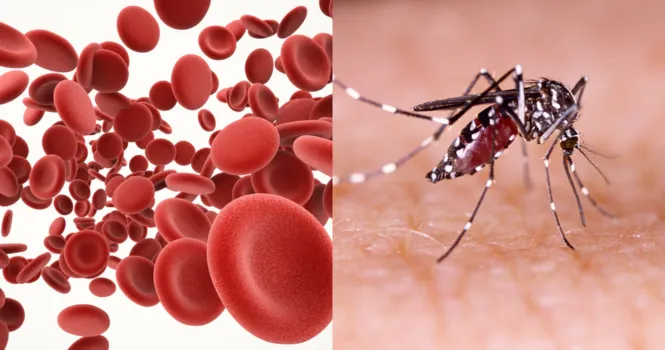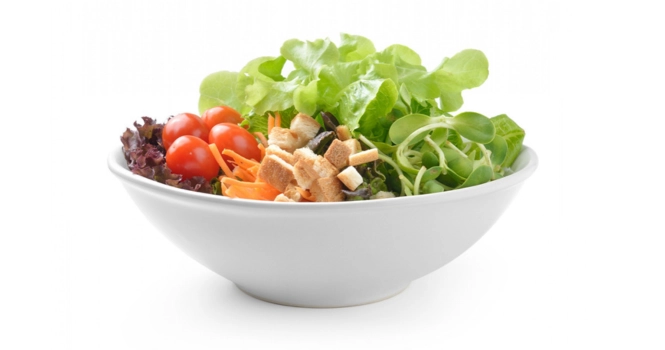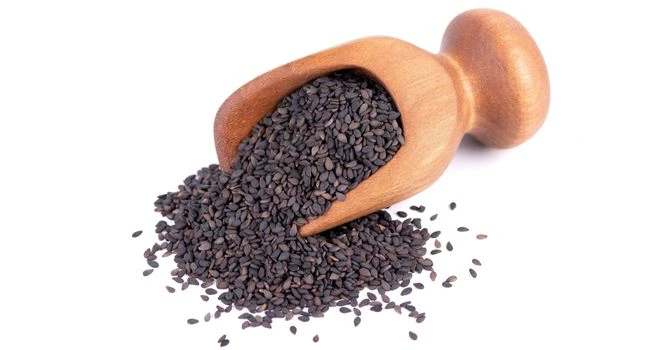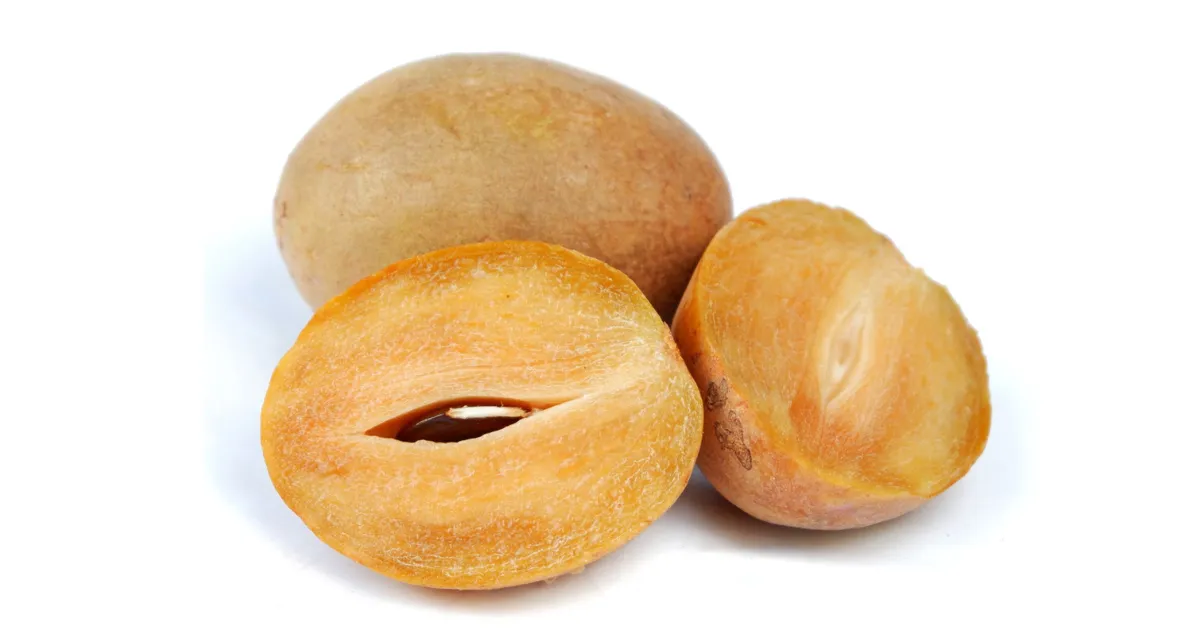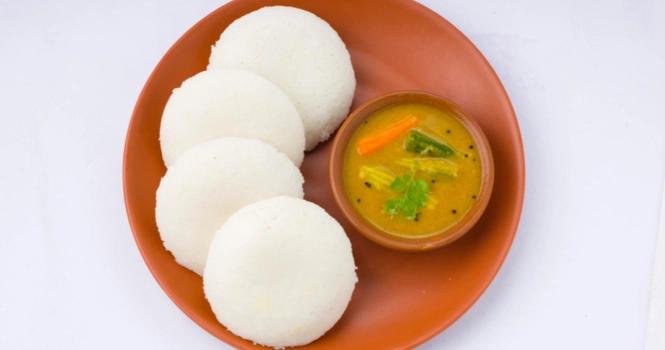Kiwi Fruit Benefits
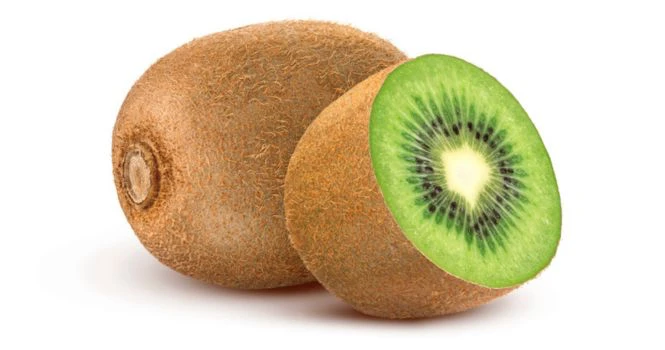
Where is Kiwifruit Grown?
Kiwifruit, also known as Chinese gooseberry, is primarily grown in New Zealand, Italy, China, and Chile.
These countries provide the ideal climate conditions for kiwifruit cultivation: temperate with plenty of rainfall.
New Zealand, in particular, is famous for its ‘Hayward’ variety, a common kiwifruit found in stores worldwide.
The fruit grows on vines, like grapes, and requires a relatively long growing season of about 240 days without frost. It’s worth mentioning that California and some Mediterranean countries also grow kiwifruits, albeit in smaller quantities.

Nutritional information
| Nutrient | Amount |
| Calories | 42 |
| Protein | 0.8 g |
| Fat | 0.4 g |
| Carbohydrates | 10 g |
| Fiber | 2.1 g |
| Sugars | 6 g |
| Vitamin C | 64 mg (71% DV) |
| Vitamin K | 27.8 mcg (23% DV) |
| Vitamin E | 1.1 mg (7% DV) |
| Vitamin A | 4 mcg (0.4% DV) |
| Folate (Vitamin B9) | 17 mcg (4% DV) |
| Potassium | 215 mg (5% DV) |
| Calcium | 23.5 mg (2% DV) |
| Magnesium | 11.7 mg (3% DV) |
| Phosphorus | 23.5 mg (2% DV) |
Kiwifruit is particularly notable for its high Vitamin C content; a single fruit provides about 71% of the recommended daily intake.
Please note that nutritional values can vary based on the size of the fruit and the specific variety.
Can Diabetics Eat Kiwifruit?
| Kiwifruit | |
| Glycemic Index (GI) | 52 (low) |
| Glycemic Load (GL) | 4.5 (low) |
| Calories | 42 per medium fruit |
Yes, people with diabetes can eat kiwifruit in moderation as part of a balanced diet. Kiwifruit has a low glycemic index (GI), which means it raises blood sugar levels slowly and is less likely to cause a rapid spike in blood glucose.
Kiwifruit is rich in dietary fiber, which can slow the absorption of sugar into the bloodstream and reduce overall blood glucose levels. The fiber content also contributes to feelings of fullness, which can aid in weight management, an important factor in managing diabetes.
While the natural sugars in kiwifruit are better for blood sugar control than processed sugars, they still contribute to your total carbohydrate intake, which should be monitored when managing diabetes.
It’s always best for individuals with diabetes to consult with a healthcare professional or a dietitian to determine the best dietary choices for their specific needs and circumstances.
Note:
1. Glycemic Index:
The glycemic index (GI) is a value used to measure how much specific foods increase blood sugar levels. Foods are classified as
- Low (1-55)
- Medium (56-69)
- High GI (70 or more)
Kiwifruit is considered low GI.
2. Glycemic Load:
The glycemic load (GL) of a food is calculated by multiplying the GI by the amount of carbohydrate content per serving, and then dividing by 100.
It’s a measure that takes into account the amount of carbohydrates in a food and how it affects blood sugar levels.
Glycemic load is classified as
- Low (1-10)
- Medium (11-19)
- High (20+)
Kiwifruit is considered low GL.
3. Calories:
The calorie content can vary depending on the size of the fruit, but a medium-sized kiwifruit typically contains about 42 calories.
Benefits for Weight Loss
1. Low in Calories:
Kiwifruit is low in calories, making it a good choice for those who are trying to lose weight. A medium-sized kiwifruit contains about 42 calories.
2. High in Fiber:
The high dietary fiber content in kiwifruit can promote feelings of fullness, reducing overall food intake and aiding in weight loss.
3. High in Water Content:
Kiwifruit has a high water content, which can help keep you hydrated and feeling satisfied.
4. Rich in Nutrients:
Kiwi is loaded with vitamins and minerals like vitamin C, E, K, and potassium, which are essential for overall health during weight loss.
5. Digestive Enzymes:
Kiwi contains an enzyme called actinidin, which can help break down protein and improve digestion, potentially aiding weight loss.
6. Low Glycemic Index:
The low glycemic index of kiwi means its sugars are absorbed slowly, which can help avoid sugar spikes and crashes that can lead to overeating.
Benefits for Skin
1. Rich in Vitamin C:
Vitamin C is known for its antioxidant properties. It aids in the production of collagen, a protein that helps maintain skin’s elasticity and reduces signs of aging.
2. Hydrating:
The high water content in kiwifruit helps keep the skin hydrated and healthy.
3. Exfoliating Properties:
Kiwifruit contains an enzyme called actinidin which can be used as a natural exfoliant in skincare.
Benefits for Hair
1. Vitamin C:
This vitamin is vital for maintaining healthy hair. It aids in the production of collagen which is an essential component of hair structure.
2. Antioxidant Properties:
Kiwifruit’s rich antioxidant profile helps protect the hair follicles against damage from free radicals.
3. Minerals:
Kiwifruit contains minerals like zinc, magnesium, and phosphorus which can help enhance hair growth and overall hair health.
Benefits for Eyes
1. Vitamin A:
Kiwifruit contains some Vitamin A, a nutrient essential for good eye health.
2. Lutein and Zeaxanthin:
Kiwifruit contains these two antioxidants, known as carotenoids, which are thought to help protect the eyes from damage caused by blue light and reduce the risk of chronic eye diseases.
3. Vitamin C:
The high Vitamin C content in kiwifruit can help protect the eyes against damaging free radicals.
Remember, while kiwifruit can contribute to a healthy diet, it’s always best to consume a variety of foods to ensure you’re getting a wide range of nutrients. Always consult with a healthcare professional for advice tailored to your specific health needs.
Frequently Asked Questions
Should Kiwi Fruit Be Refrigerated?
Yes, ripe kiwifruit should be stored in the refrigerator to extend its shelf life. Unripe kiwifruit can be kept at room temperature until it ripens.
What Are the Benefits of Eating Kiwi at Night?
Kiwifruit contains numerous antioxidants and a good amount of dietary fiber, making it a healthy snack before bedtime.
There is some research suggesting that kiwifruit may improve sleep onset, duration, and efficiency due to its antioxidant properties and high concentration of serotonin.
What Are Kiwi Benefits Sexually?
While there’s no specific research connecting kiwifruit directly to sexual health, it’s rich in antioxidants and vitamin C, which can improve overall health and blood circulation. It also contains folate, which is essential for reproductive health.
What Are Kiwi Fruit Benefits in Pregnancy?
Kiwifruit is rich in folic acid, which is crucial during pregnancy for the development of the baby’s neural tube. It’s also high in vitamin C and dietary fiber. Vitamin C is essential for collagen production, which aids in the development of the baby’s tissues and organs, while dietary fiber can help ease pregnancy-related constipation.
What Are Vitamins in Kiwifruit and Their Benefits?
Kiwifruit contains a wealth of vitamins, including vitamins C, E, and K, as well as several B-vitamins. These vitamins have various benefits:
- Vitamin C is a powerful antioxidant, supports immune function, and aids in collagen production.
- Vitamin E is also an antioxidant and may support heart health.
- Vitamin K is crucial for blood clotting and bone health.
- B-vitamins including folate (B9), which is essential for cell growth and metabolism.
Is It Good to Eat Kiwi Everyday?
Yes, it is generally safe to eat kiwifruit every day as part of a balanced diet. It’s a nutritious fruit that provides plenty of vitamins, minerals, and fiber.
How Many Kiwis Should I Eat a Day?
There isn’t a strict number of kiwifruits one should eat per day. It depends on your overall diet and nutritional needs. However, one or two kiwis per day can be part of a healthy diet for most people.
Is Kiwi or Apple Healthier?
Both kiwi and apple are healthy fruits that offer various nutrients. Kiwi is richer in vitamin C and vitamin K, while apples provide more dietary fiber and slightly more vitamin A. The choice between the two should depend on personal preference and dietary needs.
What Are the Top Benefits of Kiwi?
- High in Vitamins and Minerals: Kiwifruit is a rich source of vitamins C, E, K, and B-vitamins, as well as minerals like potassium and magnesium.
- Rich in Antioxidants: Kiwifruit contains a high number of antioxidants which can protect the body from harmful free radicals.
- Digestive Health: Kiwifruit is rich in dietary fiber, which can help promote healthy digestion.
- Heart Health: The high fiber and potassium content in kiwifruit can contribute to heart health.
- Eye Health: Kiwifruit contains lutein and zeaxanthin, two antioxidants known to promote eye health.
- Sleep Aid: Some studies suggest kiwifruit might help with sleep due to its serotonin content.
Remember, while kiwifruit is healthy, it’s always important to eat a varied diet for optimal health. If you have any specific health conditions or dietary needs, it’s best to consult a healthcare provider or a dietitian.
Can I Eat 2 Kiwis a Day?
Yes, eating two kiwifruits a day is generally safe and beneficial for most people as part of a balanced diet. They are high in fiber and low in calories.
Can I Eat 5 Kiwis a Day?
While kiwifruit is healthy, eating five a day might be excessive for some people. It’s always important to have a balanced diet with a variety of fruits and vegetables.
Is Kiwi a Hot or Cold Food?
Kiwi is often classified as a ‘cooling’ food in the context of Traditional Chinese Medicine due to its high water content and its perceived ability to help hydrate and soothe the body.
However, in a standard dietary context, it does not have a specific hot or cold designation.
Can I Eat Kiwi Fruit Skin?
Yes, kiwifruit skin is edible and contains additional fiber and vitamin C. However, some people may find it tough or unpleasantly fuzzy. Make sure to wash the fruit thoroughly if you plan on eating the skin.
Is Kiwi Good for the Skin?
Yes, kiwi is good for the skin. It’s rich in vitamin C and other antioxidants that can help keep the skin healthy, stimulate collagen production, and fight free radical damage.
Who Cannot Eat Kiwi Fruit?
While most people can safely enjoy kiwifruit, some may be allergic to it. Symptoms of kiwi allergy can range from mild to severe and may include itching of the mouth, hives, and, in severe cases, trouble breathing.
Those with a known kiwi allergy should avoid the fruit.
What Fruit is Better Than Kiwis?
It’s not accurate to say one fruit is universally better than another. All fruits provide different nutrients and benefits. Kiwi is notably high in vitamin C, vitamin K, and fiber, but other fruits might offer nutrients kiwi lacks. Variety is key in a healthy diet.
Is Kiwi Better Than Banana?
Each fruit has its own nutritional profile and benefits. Kiwi is rich in vitamins C and K, while bananas offer high amounts of potassium and vitamin B6.
The choice between the two should depend on personal preference and nutritional needs.
Why is Kiwi Good at Night?
Some studies suggest that eating kiwifruit might help with sleep. This could be due to its antioxidants and serotonin content, a neurotransmitter that plays a role in sleep regulation.
Is Kiwi Good for Your Hair?
Yes, the nutrients in kiwi, particularly vitamin C, can contribute to healthy hair. Vitamin C helps with collagen production, which is vital for hair health.
It also helps with the absorption of iron, a mineral necessary for hair growth.
Is it OK to Eat Kiwi at Night?
Yes, it is okay to eat kiwi at night. In fact, some studies have found that kiwi may improve sleep quality due to its antioxidant and serotonin content.
Can We Eat Kiwi Fruit Daily?
Yes, eating kiwifruit daily is generally safe and beneficial as part of a balanced diet. Kiwifruit is packed with vitamins, minerals, and dietary fiber.
What Happens If You Eat Kiwi Daily?
Regular consumption of kiwifruit can contribute to overall health. The high vitamin C and antioxidant content can support immune function, while the fiber content can aid in digestion.
However, as with all foods, it’s important to consume in moderation as part of a varied diet.
Are Kiwis Good for the Skin?
Yes, kiwis are good for the skin. They’re high in vitamin C, a nutrient known to boost collagen production, promote skin elasticity, and combat oxidative stress.
Can I Eat Kiwi at Night?
Yes, you can eat kiwi at night. Some research suggests kiwifruit may help improve sleep quality.
What Is the Best Time to Eat Kiwi?
There isn’t a specific best time to eat kiwi. It can be enjoyed at any time of the day as part of a balanced diet.
Is Kiwi Good for Lips?
The high vitamin C content in kiwi may help keep your lips healthy by boosting collagen production and fighting oxidative damage.
However, there isn’t specific research on kiwi’s benefits for lips.
Is Kiwi Good for Hair Growth?
Kiwifruit’s high vitamin C content aids in the production of collagen, a protein that plays a crucial role in hair growth and strength.
However, more research would be needed to specifically link kiwi consumption to hair growth.
Can I Eat Kiwi with a Cough?
Kiwifruit is high in vitamin C, which may support immune function and aid in recovery from illnesses like the common cold.
However, if you have a sore throat or a cough, acidic foods like kiwi might irritate your throat. It’s always best to go with what feels most comfortable for you.
Can We Eat Kiwi in the Morning on an Empty Stomach?
Yes, it’s generally safe to eat kiwi on an empty stomach unless you have a specific digestive condition or personal sensitivity that makes it uncomfortable.
Kiwi is rich in fiber, which can be beneficial for digestion, and its natural sugars can provide a quick energy boost.
What Has More Vitamin C: Orange or Kiwi?
Kiwifruit generally contains more vitamin C than oranges. A medium kiwi offers about 64 milligrams of vitamin C, while a medium orange provides about 70 milligrams.
However, kiwi is smaller and lighter than an orange, so per 100 grams, kiwi actually contains more vitamin C.
Is Kiwi Good for Blood Pressure?
Kiwifruit may be beneficial for blood pressure because it’s high in potassium, a mineral that helps balance out the negative effects of sodium and can help maintain healthy blood pressure levels.
However, diet alone can’t treat high blood pressure. Always consult with a healthcare provider if you have concerns about your blood pressure.
Do Kiwis Burn Belly Fat?
There’s no specific food that can directly ‘burn’ belly fat. However, kiwi is a low-calorie, high-fiber food that can contribute to a balanced diet and help promote overall weight loss when paired with regular physical activity.
It’s important to note that weight loss and fat distribution are influenced by a combination of genetic, dietary, and lifestyle factors, so the effects of consuming kiwi or any specific food on belly fat will vary among individuals.
![]()



